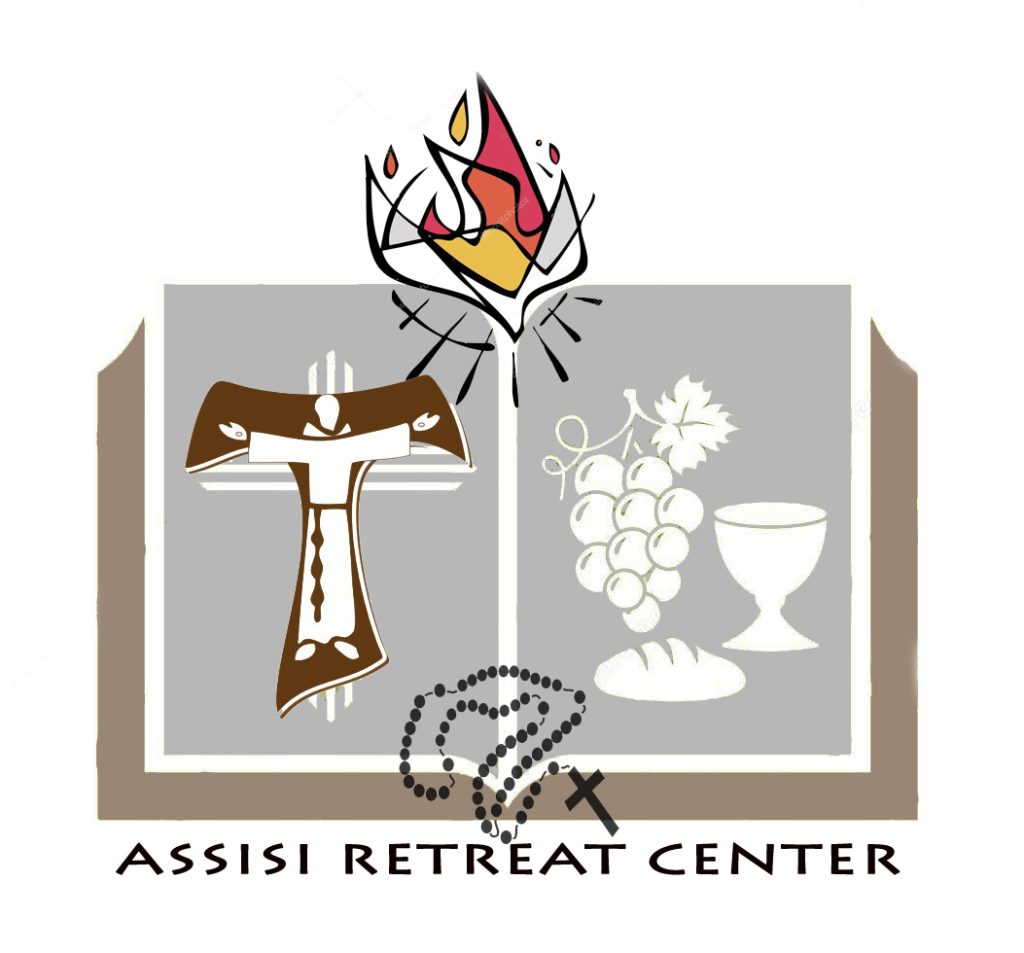

Assisi Renewal Center
Bharananganam
Menu

hnZymÀ°nIfpsS [ym\w



Spiritual Exploration and Reflection
Spiritual Teachings: The retreat may include teachings from spiritual texts or philosophies, such as those from Buddhism, Christianity, Hinduism, or other spiritual traditions. These teachings offer perspectives on living a meaningful and purposeful life. Personal Reflection: Students are encouraged to reflect on their own spiritual journeys, values, and beliefs, either through journaling or private contemplation. Intention Setting: Participants may set personal intentions or goals for their spiritual growth, exploring how they want to deepen their faith or understanding during the retreat.

Spiritual Discussions and Group Sharing
Group Circles: Students gather in small groups to discuss their thoughts, experiences, and spiritual insights. This creates a safe and open space for sharing personal stories, struggles, and inspirations. Facilitated Discussions: Facilitators might lead discussions around themes such as faith, purpose, mindfulness, or overcoming obstacles on the spiritual path.

Counseling and Support
Throughout the retreat, individuals may have the opportunity for one-on-one or group counseling sessions where they can explore their personal struggles and receive guidance. Counselors or facilitators help participants identify the root causes of their pain and offer strategies to heal and move forward. This support offers a sense of safety and validation, fostering an environment where deep emotional wounds can be addressed.

Sacred Practices and Rituals
Prayers or Affirmations: Depending on the retreat’s spiritual focus, students may participate in group prayers, affirmations, or silent meditation to connect with a higher power. Sacred Ceremonies: The retreat may include rituals such as lighting candles, sharing blessings, or performing simple ceremonies that encourage a sense of unity, reverence, and spirituality.
Benefits
Students may experience emotional healing as they reflect on personal challenges, learn to let go of stress, and cultivate inner peace.
A retreat allows students to gain a deeper understanding of their inner world, their values, and what truly matters to them.
Students deepen their connection with their spiritual beliefs, whatever those may be, and gain tools to continue their spiritual journey beyond the retreat.
The retreat provides an opportunity to step away from the pressures of academic life and develop practices like mindfulness that help manage stress and improve mental clarity.
Students often form lasting bonds with others who share similar spiritual values and experiences.